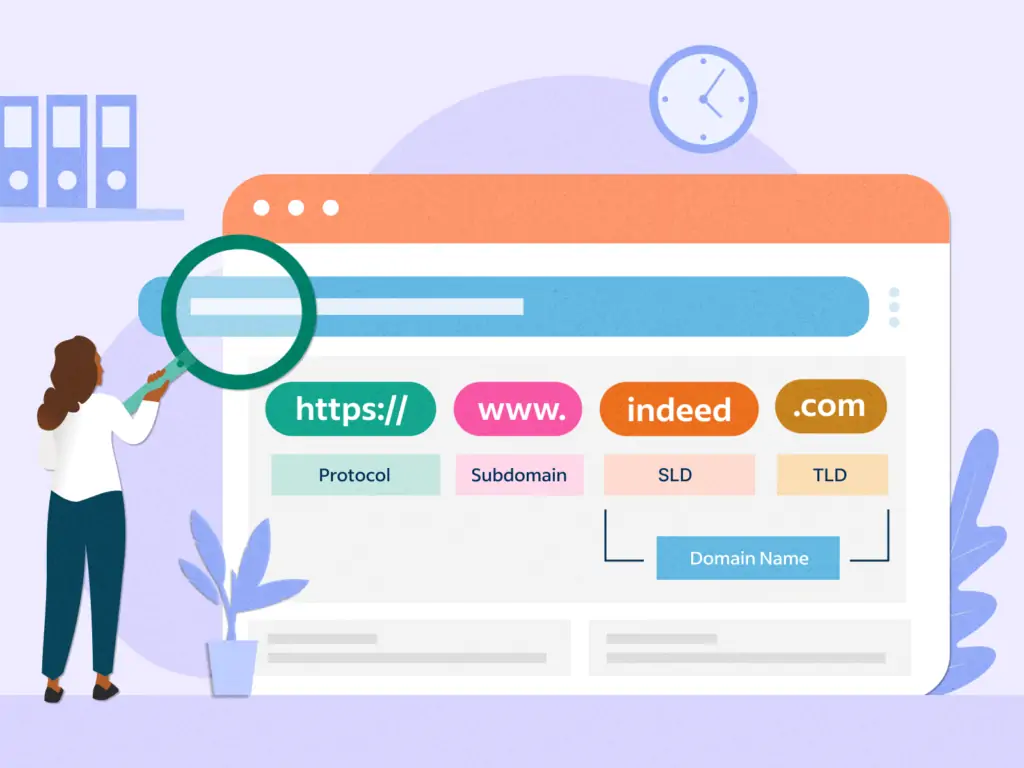Navigating Domain Name and Hosting Requirements
To build a powerful online presence, selecting the ideal domain name and hosting company is essential. When making judgments, take into account elements like support, scalability, performance, brand alignment, hosting dependability, and domain availability. To guarantee the long-term success of your website, conduct extensive research, evaluate your needs, and give quality and dependability priority.
A solid online presence is crucial for individuals, companies, and organizations in the current digital era. The domain name and hosting are two essential elements in creating this presence. Your website’s files are stored and made available to visitors by your hosting provider, but your domain name acts as your online address. For one to succeed online, selecting the ideal domain name and hosting company is essential. We’ll go over the specifics of domain name registration and hosting requirements in this extensive guide, enabling you to make well-informed selections that will serve as a strong basis for your online activities.
Understanding Domain Names:
A memorable name followed by a domain extension (.com,.org,.net, etc.) makes up a domain name, which is your website’s unique online address. Think about things like brand alignment, memorability, relevancy, and availability while selecting a domain name. Choose a name that appeals to your target market, accurately conveys your brand identity, and is simple to spell and pronounce. Make sure the domain name you have selected is free to use and hasn’t been trademarked by anybody else by doing extensive research. Tools are available for determining the availability of domains and easing registration from domain registrars such as GoDaddy, Namecheap, and Google Domains.

Selecting a Hosting Provider:
The service known as hosting is what keeps the files for your website online and allows users to view them. Prioritize aspects like security, scalability, performance, dependability, and support when choosing a hosting company. Select a supplier with a track record of dependability and uptime, as downtime can have a detrimental effect on SEO rankings and user experience. To guarantee peak performance and availability, evaluate the infrastructure of the supplier, taking into account network connectivity, data centers, and server hardware. Take into account the scalability and resource requirements of your website and choose a hosting package that can expand with it.
Types of Hosting:
- A variety of hosting alternatives are available to suit varying demands and budgets. These include:
- Shared Hosting: Sharing server resources with several other websites on the same server, shared hosting is perfect for small websites and novices. Shared hosting is less expensive, but because it shares resources, it may have restricted resources and poorer performance.
- Virtual Private Server (VPS) hosting offers more control, scalability, and performance than shared hosting since it offers dedicated resources inside a virtualized environment. Growing websites with moderate to high traffic counts can benefit from VPS hosting.
- Dedicated hosting offers the best performance, control, and customization possibilities by renting a whole physical server just for your website. For large websites with significant traffic levels and resource-demanding applications, dedicated hosting is advised.
- Cloud Hosting: Cloud hosting offers scalability, redundancy, and reliability by dynamically allocating resources through a network of linked virtual servers. Websites with high-performance needs and varying traffic levels can benefit from cloud hosting.

Essential Hosting Features:
The following crucial elements should be taken into account while assessing hosting companies and plans:
- Uptime Guarantee: To make sure that your website is always accessible to visitors, look for providers who provide a strong uptime guarantee.
- Performance Optimization: To deliver quick and responsive websites, give preference to providers that use strategies like caching, content delivery networks (CDNs), and SSD storage.
- Security Measures: To protect your website and data, select providers who use strong security measures, including SSL/TLS encryption, DDoS protection, malware scanning, and routine backups.
- Scalability Options: Select hosting packages that have scalability options so you may quickly increase resources as the volume and complexity of your website increase.
- Customer service: Evaluate the availability, reaction times, and channels of the provider’s customer service to guarantee that you receive timely assistance in the event of problems or crises.
For your website to succeed and have a strong online presence, selecting the ideal domain name and hosting company is essential. When making decisions, do extensive research, evaluate your demands, and give top priority to elements like brand alignment, hosting dependability, performance, scalability, and support, as well as domain availability. Make a wise investment in quality and dependability to lay the groundwork for your online activities and enable your website to prosper in the cutthroat digital market. You may position yourself for long-term success and growth in the internet space with thoughtful preparation and thought.


